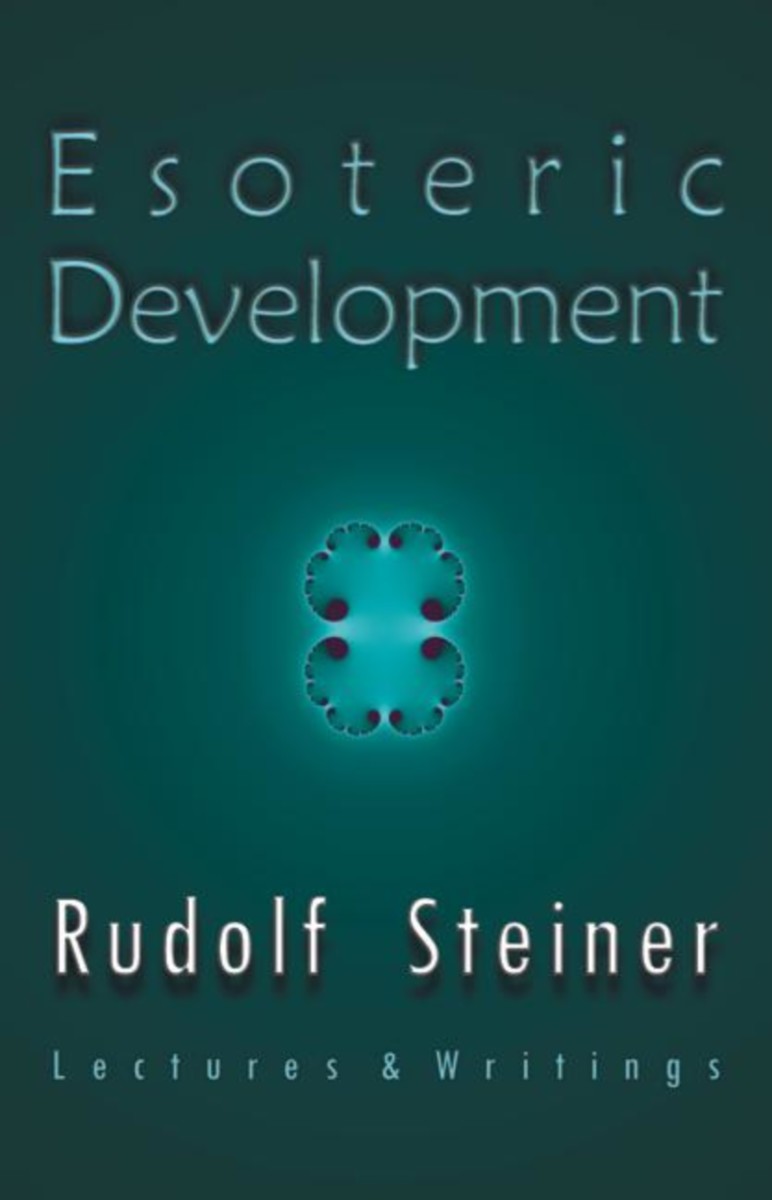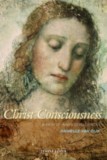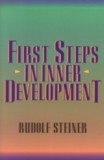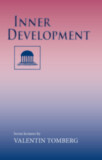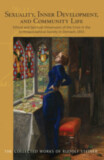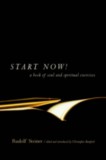Esoteric Development
Lectures and Writings
- Publisher
SteinerBooks - Published
1st January 2003 - ISBN 9780880105248
- Language English
- Pages 208 pp.
“You should not have any mystical ideas about meditation, nor should you think it is easy. Meditation must be completely clear, in the modern sense. Patience and inner soul energy are needed, and, above all, it depends on an act that no one else can do for you: it requires an inner resolve that you stick to. When you begin to meditate, you are performing the only completely free activity there is in human life” (Rudolf Steiner).
This completely revised edition provides an ordered sequence of statements by Steiner on the development of higher, suprasensory knowing—Imagination, Inspiration, and Intuition.
Nine chapters take the reader from the idea of inner development, through the cultural and evolutionary need for higher knowing, and then to examples of the practices and inner gestures required by this work. Steiner describes the necessary steps and stages, always insisting on the free, individual, and cognitive character of anthroposophic spiritual research.
This essential inner guide is for anyone on a path of true spiritual development.
CONTENTS:
Introduction by Stephen E. Usher
1. Esoteric Development
2. The Psychological Basis of Spiritual Science
3. Suprasensory Knowledge
4. The Attainment of Spiritual Knowledge
5. General Requirements for Esoteric Development: Guidance in Esoteric Training
6. The Great Initiates
7. The Rosicrucian Spiritual Path
8. Imagination Knowledge and Artistic Imagination
9. Three Decisions on the Path of Imagination Knowledge: Loneliness, Fear, and Dread
Rudolf Steiner
Rudolf Steiner (b. Rudolf Joseph Lorenz Steiner, 1861–1925) was born in the small village of Kraljevec, Austro-Hungarian Empire (now in Croatia), where he grew up. As a young man, he lived in Weimar and Berlin, where he became a well-published scientific, literary, and philosophical scholar, known especially for his work with Goethe’s scientific writings. Steiner termed his spiritual philosophy anthroposophy, meaning “wisdom of the human being.” As an exceptionally developed seer, he based his work on direct knowledge and perception of spiritual dimensions. He initiated a modern, universal “spiritual science” that is accessible to anyone willing to exercise clear and unbiased thinking. From his spiritual investigations, Steiner provided suggestions for the renewal of numerous activities, including education (general and for special needs), agriculture, medicine, economics, architecture, science, philosophy, Christianity, and the arts. There are currently thousands of schools, clinics, farms, and initiatives in other fields that involve practical work based on the principles Steiner developed. His many published works feature his research into the spiritual nature of human beings, the evolution of the world and humanity, and methods for personal development. He wrote some thirty books and delivered more than six thousand lectures throughout much of Europe. In 1924, Steiner founded the General Anthroposophical Society, which today has branches around the world.


